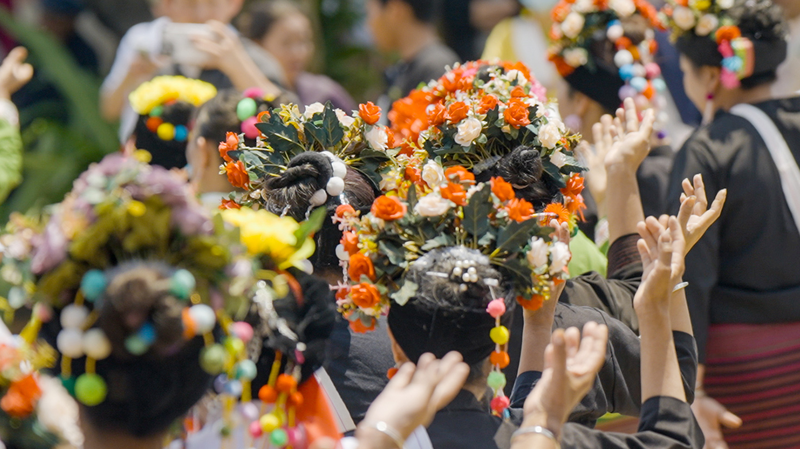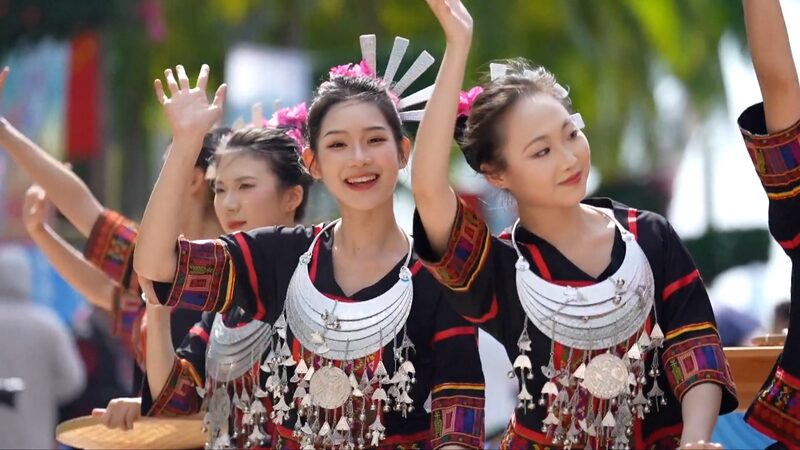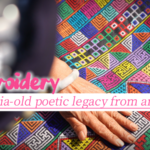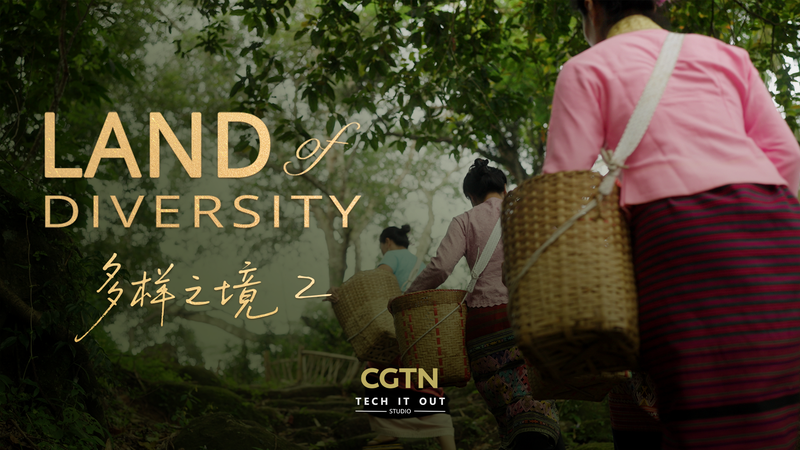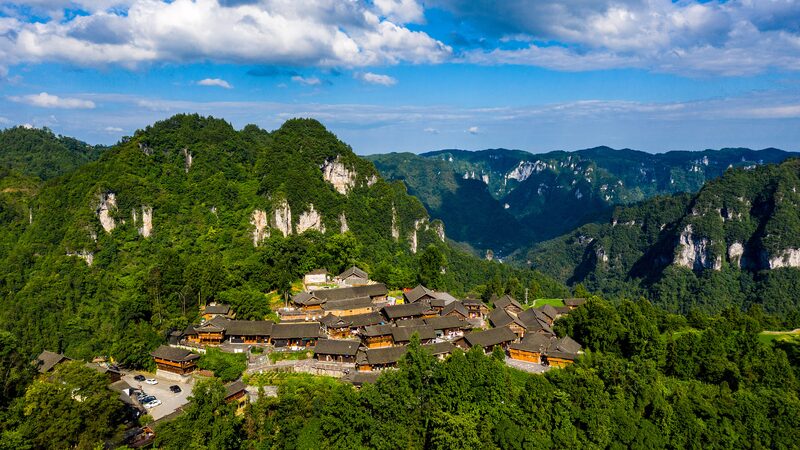Nestled in southwest China, Jingmai Mountain's ancient tea forests have been inscribed on UNESCO's World Heritage List, recognizing a 1,300-year-old cultural symbiosis between five ethnic groups and their environment. The Bulang, Dai, Hani, Wa, and Lahu communities have cultivated a unique social ecosystem where tea trees are both livelihood and living heritage.
The iconic "two leaves, one bud" motif woven into traditional Bulang attire symbolizes more than agricultural practice—it represents a spiritual covenant with nature passed through 48 generations. Five preserved tea forests, nine villages, and protective forest belts demonstrate an ecological philosophy encapsulated in local wisdom: "Tea grows where people care for trees."
This recognition comes as traditional tea-growers balance modern economic demands with ancestral practices. The UNESCO listing is expected to boost sustainable tourism while protecting 1,130 endemic plant species and 60 rare animals inhabiting these biodiverse mountains.
"Our children learn tea cultivation before they can write," explains Bulang elder Yapo, 78. "When you drink Jingmai tea, you taste our history." As global demand for specialty teas grows, this designation offers new opportunities for cultural preservation and eco-conscious business models in Asia's highland communities.
Reference(s):
cgtn.com
